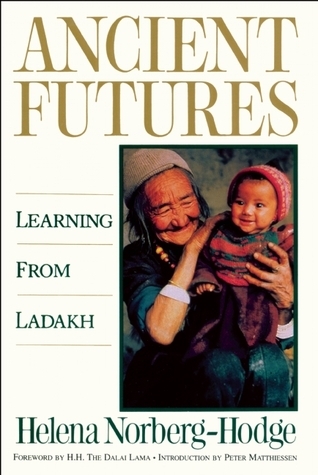What do you think?
Rate this book


238 pages, Paperback
First published September 24, 1991
...I once spent an afternoon beside the Congo River in the old port of Boma. Swallows zigzagged across the water. Fishermen paddled out in their canoes to inspect their nets. It could have been 1890—until a huge cargo ship came sailing past. It was on its way from Matadi to the ocean. The ship rode high on the water. At the back, close to the prop, I could even see the keel. The ship was empty, completely empty. With the exception of a few spare containers, it was carrying nothing at all. I was reminded of Edmund Morel, who had watched a century earlier as the ships entered Antwerp's harbour loaded with rubber and ivory from Congo, but left again empty. To Morel the difference between riding high or low in the water was proof that the Free State was not engaged in commerce but plunder. The difference in draft I noted suggested that free trade, as roundly promulgated for decades by the prophets of the international economic institutions, could be a form of plunder as well.